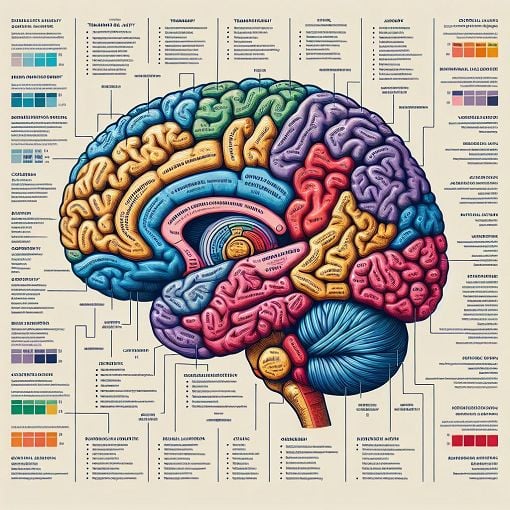Chp 30
{"name":"Chp 30", "url":"https://www.quiz-maker.com/QPREVIEW","txt":"Test your knowledge on brain injuries and their effects with our engaging quiz! From traumatic brain injuries to acquired brain injuries, this quiz covers a wide range of topics designed to educate and inform.Learn about different types of brain injuriesUnderstand causes and symptomsDiscover effective prevention strategies","img":"https://cdn.poll-maker.com/104-5106575/img-0objkb6xbpl2apzoypxjxlat.jpg"}
More Quizzes
Stroke Awareness Quiz
940
Somazina Quiz No 1 - Multiple choice
27140
THERE IS ONLY 15 SECONDS FOR EACH PHOTO
16830
Kva salme kjem teksten frå?
1050
Academic - Test Your School Knowledge (Free)
201021414
What Place Am I - Find Your Perfect Destination
201018499
Kiss Test - Are You a Good Kisser? Free Online
201020023
Am I Brazilian? Take the Free to Find Out
201019814
Alien Personality Test - Which Extraterrestrial Are You?
201020023
Port Number - Common Network Ports and Protocols
201025730
Cockatiel IQ - How Smart Is Your Cockatiel?
201023890
Mot, Mob, Mov, Grad & Gress Latin Roots - Free
201027722
